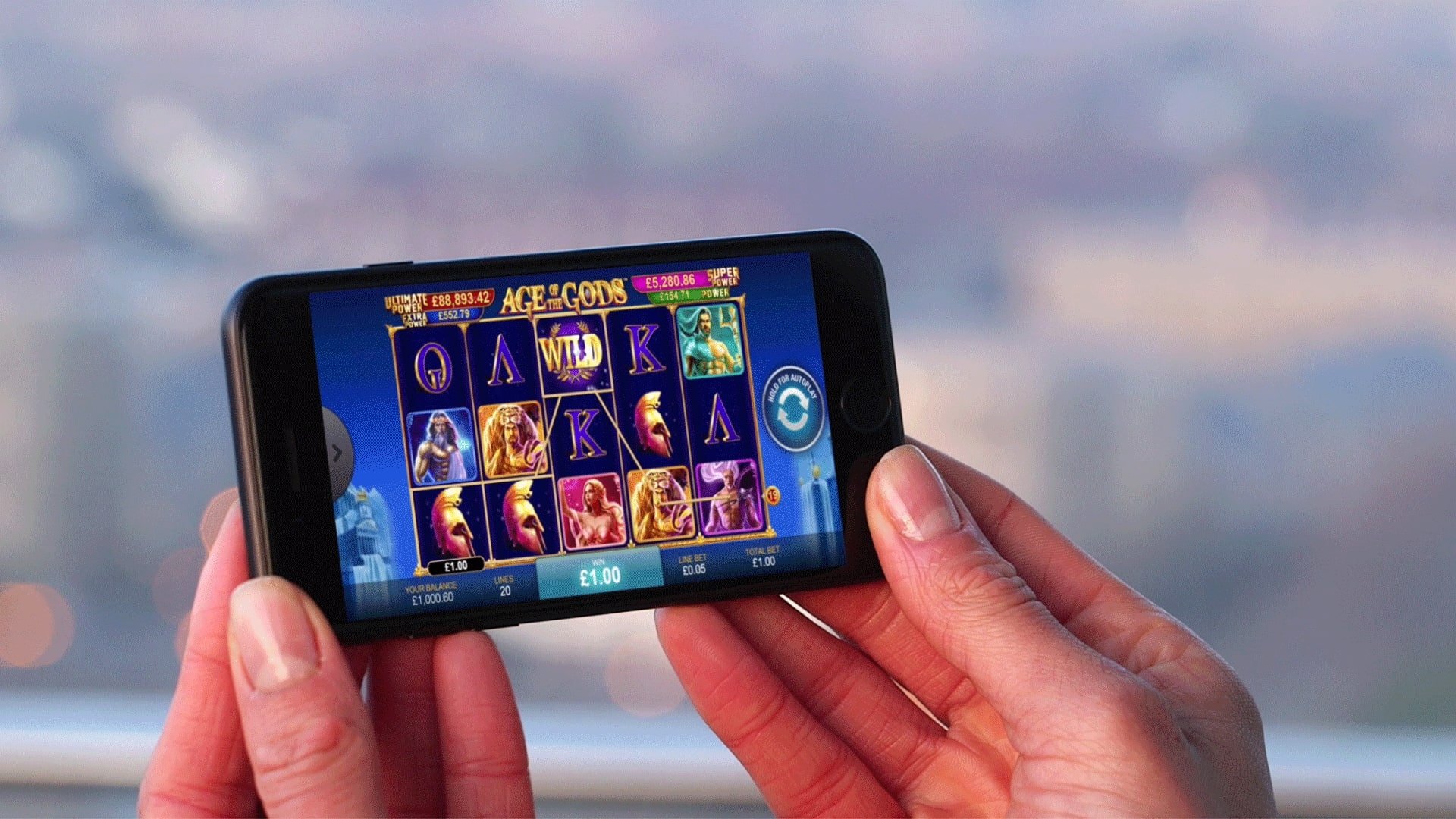Online gaming has evolved into one of the most prominent forms of entertainment in the 21st century, captivating millions of people worldwide. From casual games played on smartphones to highly immersive multiplayer experiences on PCs and consoles, online gaming has transformed how we interact, compete, and socialize. This article explores the rise of online gaming RAJA189 LOGIN, its impact on culture, and the potential benefits and challenges it presents.
The Rise of Online Gaming
The evolution of online gaming traces its roots back to the early days of the internet. In the 1990s, when dial-up connections were common, games like “Doom” and “Warcraft” allowed players to connect over local area networks (LANs) and engage in multiplayer matches. However, the real breakthrough came with the advent of broadband internet, which facilitated seamless, lag-free gaming experiences.
As internet speeds improved, the accessibility of online games grew, paving the way for large-scale multiplayer online games. Titles such as World of Warcraft, League of Legends, and Fortnite revolutionized the gaming landscape, attracting millions of players globally. Today, platforms like Steam, Epic Games Store, and Xbox Live offer an extensive library of games with a global online community, making it easier than ever for players to dive into their favorite titles.
Social Interaction and Community Building
One of the most transformative aspects of online gaming is its ability to bring people together. Online games are no longer just about completing levels or achieving high scores. They have become social spaces where players can connect, collaborate, and compete with others from across the globe. Multiplayer modes, guilds, and social hubs within games allow individuals to create long-lasting friendships, form teams, and share experiences.
In massively multiplayer online role-playing games (MMORPGs) like Final Fantasy XIV or Guild Wars 2, players often forge tight-knit communities, with in-game alliances and social groups that extend into real life. Streaming platforms like Twitch and YouTube have also allowed gamers to showcase their skills, creating a sense of celebrity and recognition within the community.
Mental and Cognitive Benefits
While online gaming is often seen as a form of entertainment, research has shown that it can offer a range of cognitive benefits. Playing strategy games like StarCraft or Chess.com can help improve problem-solving skills, critical thinking, and hand-eye coordination. Games that require quick reflexes, such as Overwatch or Call of Duty, can enhance reaction time and decision-making abilities.
Moreover, games that involve team coordination and strategy can promote collaboration, leadership, and communication skills. Online gaming encourages players to work together to achieve common goals, often requiring real-time communication and planning. This can translate into real-life benefits, particularly for individuals in professional settings where teamwork and problem-solving are crucial.
The Appeal of Competitive Gaming
Another reason for the explosion in online gaming’s popularity is the rise of esports. Competitive gaming has transitioned from a niche hobby to a mainstream entertainment industry. Professional esports leagues, tournaments, and events like The International (Dota 2) and League of Legends World Championship have captivated millions of viewers, offering large prize pools and opportunities for gamers to turn professional.
Esports has created a global community where fans and players alike celebrate skill and competition. Streaming platforms, like Twitch and YouTube Gaming, have become entertainment hubs where individuals can watch live broadcasts, interact with content creators, and participate in gaming culture. The popularity of esports has even led to its inclusion in major events like the Asian Games, further solidifying its place in modern culture.
